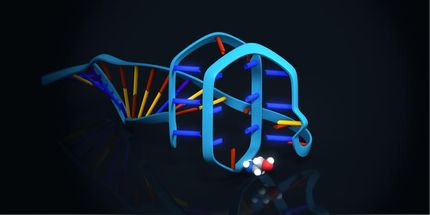BfR co-ordinates exchange of scientific information with the European Food Safety Authority
Global networking and federal systems are a challenge for every co-ordination process
The Federal Institute for Risk Assessment (BfR) is to henceforth co-ordinate the exchange of scientific information between the European food safety Authority (EFSA), the public authorities responsible for food and feed safety in Germany, stakeholders from economic, political and scientific circles and representatives of consumer associations.
"In our new function as a 'Focal Point', we also assume an important mediator role when risks are assessed differently in Germany from the European level" explained Professor Dr. Dr. Andreas Hensel, President of BfR, "We see this as a special challenge because the German federal system with its 16 federal states calls for a particularly extensive co-ordination process which can only be compared with the co-ordination processes between the 27 Member States of the European Union". Against the backdrop of the global food trade the appointment of BfR as the EFSA Focal Point was another important contribution to more food safety in Germany and the European Union. BfR was put forward for this important scientific co-ordination work by the Federal Ministry of Food, Agriculture and Consumer Protection (BMELV).
As the national co-ordination office, BfR is also to ensure that the exchange of scientific information on initiatives taken in Germany and by EFSA, ongoing processes and results of the risk assessment of food and feed takes a short route. The results of important scientific research projects can also be rapidly and smoothly passed on to all the stakeholders. In cases in which EFSA is of a different opinion about a risk assessment than the competent institutions in Germany or in other European Member States, the Focal Point will seek to clarify the situation.
Most read news
Other news from the department science

Get the analytics and lab tech industry in your inbox
By submitting this form you agree that LUMITOS AG will send you the newsletter(s) selected above by email. Your data will not be passed on to third parties. Your data will be stored and processed in accordance with our data protection regulations. LUMITOS may contact you by email for the purpose of advertising or market and opinion surveys. You can revoke your consent at any time without giving reasons to LUMITOS AG, Ernst-Augustin-Str. 2, 12489 Berlin, Germany or by e-mail at revoke@lumitos.com with effect for the future. In addition, each email contains a link to unsubscribe from the corresponding newsletter.
























































